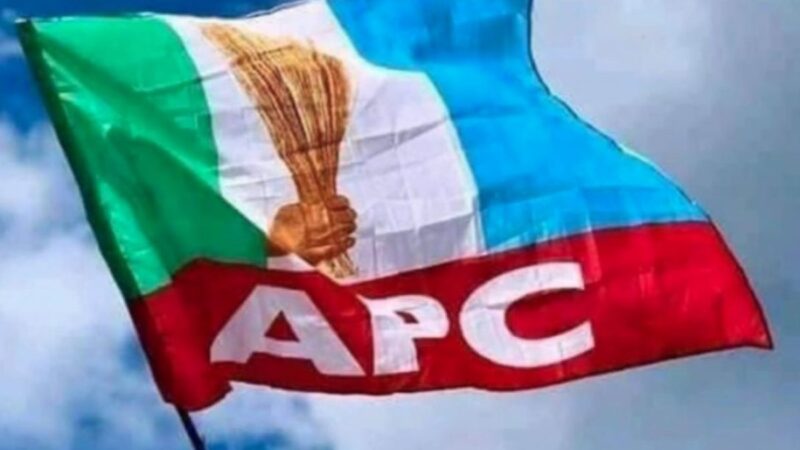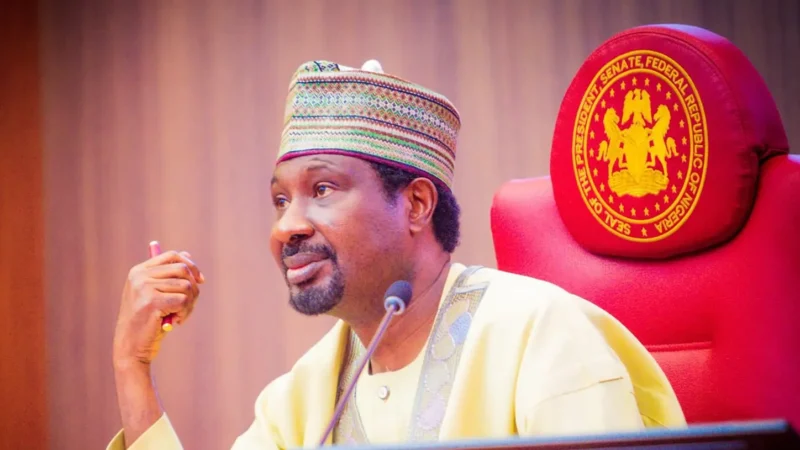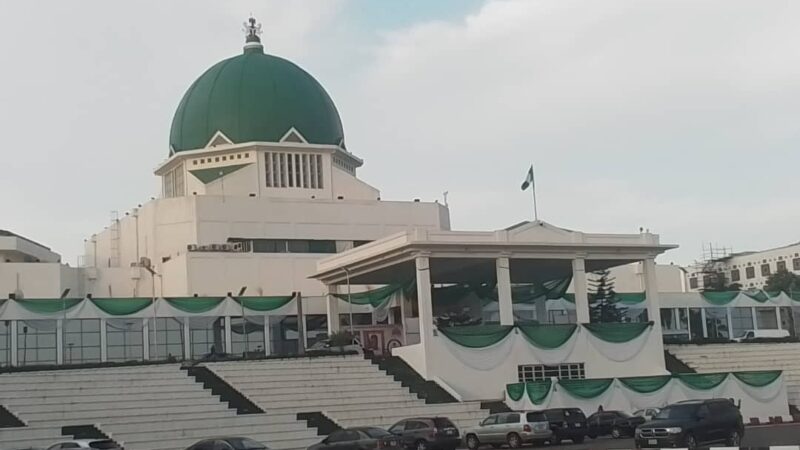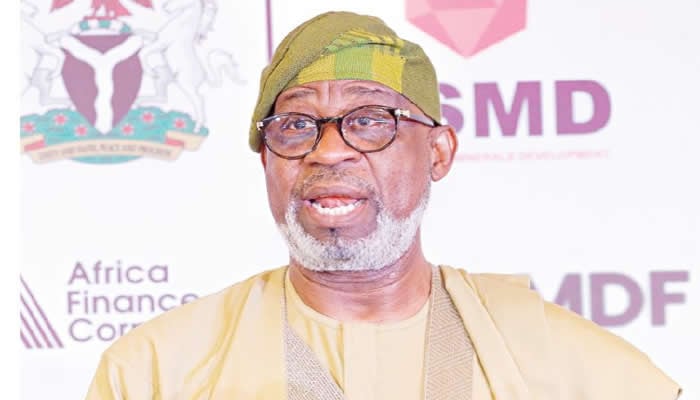A’Ibom communities reject govt intervention in creek dispute
 Stakeholders of the Ekid nation in Akwa Ibom State have rejected the government’s proposed committee on Stubb Creeks Forest, describing it as “unnecessary and spurious.”
Stakeholders of the Ekid nation in Akwa Ibom State have rejected the government’s proposed committee on Stubb Creeks Forest, describing it as “unnecessary and spurious.”
They insisted on the implementation of numerous court judgments and statutes of the legislature, which they said the government had yet to recognise.
Their position was contained in a statement in Uyo, on Monday, signed by several leaders, including former Minister of Lands and Housing, Chief Nduese Essien, and the President of Ekid People’s Union, Dr Samuel Udonsak.
The ownership of the Stubb Creeks Reserve has long been a subject of contention between the Ibeno people and the Ekid nation in Eket Local Government Area.
While the government says the proposed committee is a strategy to resolve the crisis, Ekid leaders insist there is no legitimate basis for such a review.
“We have not found any explicable reason to review the statutes of the legislature on this matter. The stakeholders believe that the proposed committee is an avenue to surreptitiously cover the illegal land deals in the Stubbs Creek and possibly request more concessions of land to the Ibeno people.
“We want to make it abundantly clear that the Ekid people will not make any more concessions to Ibeno in the Stubbs Creek Forest, as we have already conceded so much since their arrival on the Qua Iboe River estuary,” the statement read.
According to the group, historical records showed that when the Ibeno people arrived at the Qua Iboe River estuary in the 18th century, the land was already occupied by the Ekid and other Ibibio groups.
“The Ibeno, therefore, made no claims to ownership of any piece of land in the area and had no reason to do so.
“Instead, they pleaded with the Ekid leaders to give them land to settle on the seashore to continue their fishing business. It was based on that appeal that they were allowed to settle by the seashore,” they noted.
They further explained that Ibeno Local Government, created in 1996, initially lacked a clearly defined territory.
“Faced with this challenge, the new leadership moved into the adjoining Esit Urua palm plantation and began clearing it to build their secretariat.
“This sparked conflict, and the Eket community went to court, where they obtained an injunction to stop the encroachment,” they recalled.
The group said it was not until 2001, under ex-Governor Victor Attah, that the government struck a concession, granting Ibeno land on the right side of the Eket–Qua Iboe Terminal Road to build its secretariat and hospital.
They alleged that over time, influential Ibeno elites shared the land among themselves, while the remaining portions were sold to private buyers.
By 2008, the stakeholders added, Ibeno had exhausted the land and encroached again, this time on the left side of the road during the security village project under Governor Godswill Akpabio.
Efforts to get Ibeno leaders’ reaction were unsuccessful at the time of filing this report.







